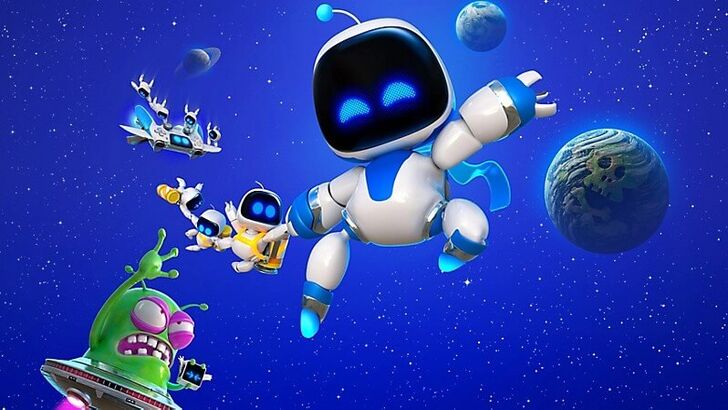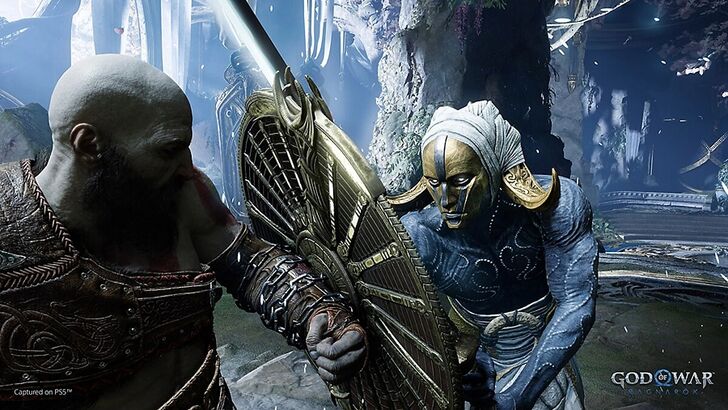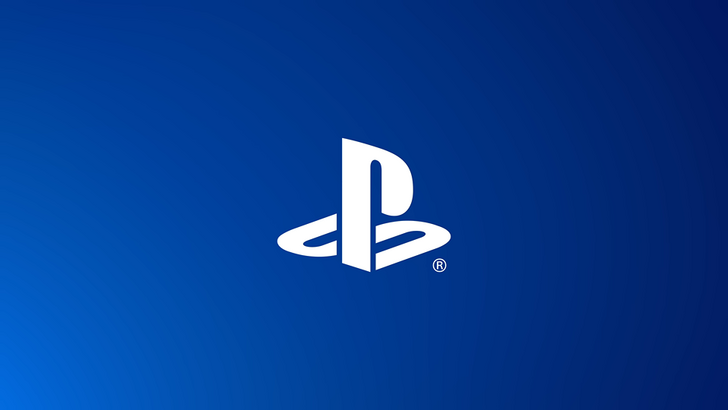PlayStation CEO Believes in AI Benefits for Gaming But Claims \"Human Touch\" is Always Necessary
PlayStation Co-CEO Hermen Hulst on AI in Gaming: Revolutionizing, Not Replacing

Hermen Hulst, co-CEO of PlayStation, recently shared his perspective on the role of artificial intelligence (AI) in the gaming industry. While acknowledging AI's potential to revolutionize game development, he emphasized the irreplaceable value of the "human touch." This statement comes as PlayStation celebrates 30 years in the gaming industry, a period marked by significant technological advancements.
A Dual Demand for Games

In an interview with the BBC, Hulst predicted a "dual demand" in the future of gaming. One demand will be for innovative, AI-driven experiences, while the other will remain focused on handcrafted, thoughtfully designed content created by human developers. This reflects a growing concern within the industry about the potential displacement of human creators by AI, particularly evident in the recent voice actor strikes fueled by the use of generative AI in game production.
AI's Current Role and PlayStation's Strategy
A CIST market research survey revealed that 62% of game development studios already utilize AI to streamline workflows, primarily for prototyping, concepting, asset creation, and world-building. Hulst stressed the importance of finding the right balance between leveraging AI's efficiency and preserving the creative input of human developers.
PlayStation itself actively engages in AI research and development, with a dedicated Sony AI department established in 2022. Beyond gaming, the company aims to expand its intellectual property (IP) into other multimedia formats, such as film and television. The upcoming Amazon Prime adaptation of 2018's God of War serves as an example of this strategy. Hulst expressed his ambition to elevate PlayStation IPs within the broader entertainment industry. This ambition might be linked to rumors of a potential acquisition of Kadokawa Corporation, a Japanese multimedia giant.
Lessons Learned from the PlayStation 3

Reflecting on PlayStation's 30th anniversary, former PlayStation chief Shawn Layden described the PlayStation 3 (PS3) as an "Icarus moment"—a period of overly ambitious goals that nearly overwhelmed the team. The PS3 aimed to be more than a game console, incorporating features like Linux and multimedia capabilities. However, this proved too costly and ultimately led to a reassessment of priorities. Layden highlighted the importance of refocusing on the core strength of the PlayStation: creating exceptional gaming experiences. This lesson shaped the development of the PlayStation 4, which prioritized gaming above other multimedia features.


-
A Witcher 4 Genesis: How a Witcher 3 Side Quest Prepared the Team The development of The Witcher 4, starring Ciri in a new trilogy, began surprisingly with a seemingly minor addition to The Witcher 3: Wild Hunt. Two years before the Witcher 4's reveal, a special quest, "In the Eternal Fire's ShadoAuthor : Aurora Feb 25,2025
-
Amusement Arcade Toaplan: A Retro Arcade Experience in Your Pocket Toaplan, a respected Japanese arcade game developer, brings its classic titles to iOS and Android with Amusement Arcade Toaplan. While less familiar to Western audiences than giants like Sega or Namco, Toaplan's influence is undeniaAuthor : Elijah Feb 25,2025
- Hitman Devs' "Project Fantasy" Hopes to Redefine Online RPGs
- The Elder Scrolls: Castles Now Available on Mobile
- Resident Evil Creator Wants Cult Classic, Killer7, to Get a Sequel By Suda51
- Minecraft's 'In Your World' Mod: A Chilling Update
- Fortnite Update: Mysterious Mythic Item Teased in Latest Leak
- Deadlock Characters | New Heroes, Skills, Weapons, and Story





















![[777Real]スマスロモンキーターンⅤ](https://images.0516f.com/uploads/70/17347837276766b2efc9dbb.webp)

